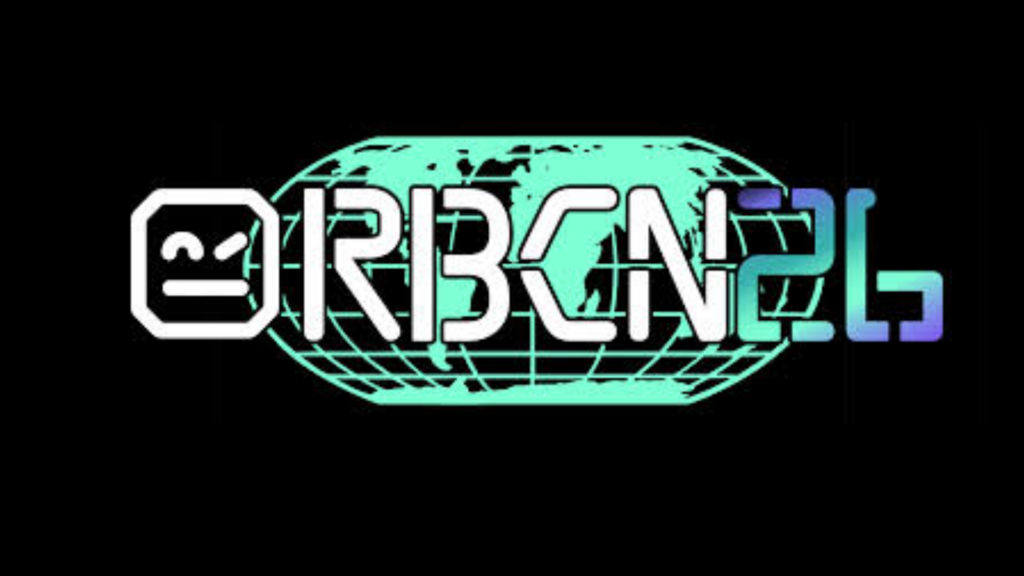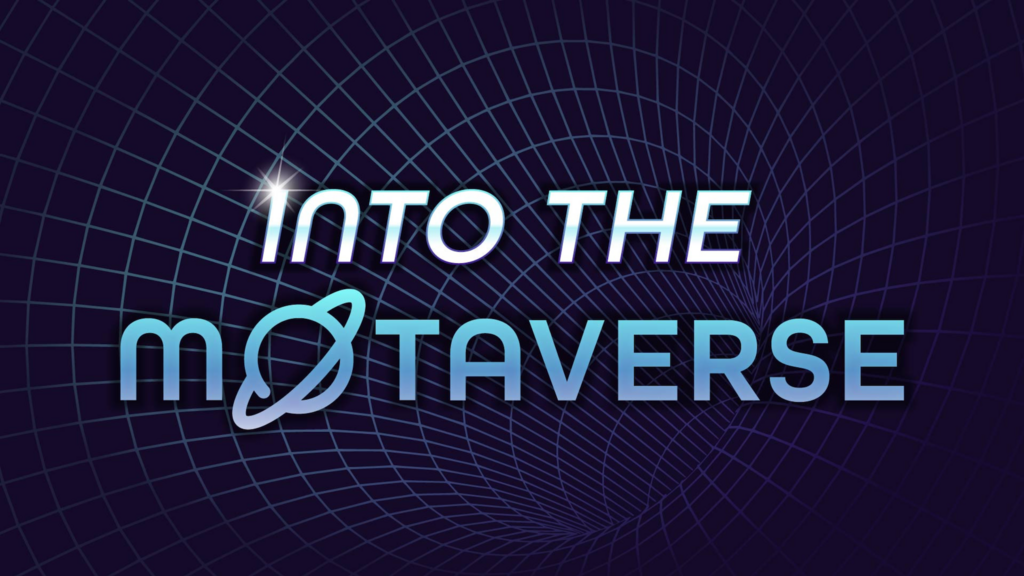Warning: mentions of poor mental health, depression, and suicide.
Why I'm writing this article
In 2025, I will have my 59th birthday. I’m not saying that to let you know I’m old, or at least getting older. I’m revealing that I’m from a generation that does not share feelings. As I’m also a man from a very impoverished background, I tend to check a lot of boxes for people for whom mental health is a taboo subject. In England and Wales in 2023, suicide rates among men increased to 17.4 per 100,000, the highest it has been since 1999. For women, it was 5.6. For my generation, it is something that is very hard to talk about.
But that is exactly why I wanted to write this article. I want to be able to talk about my experiences and feelings. I want others to feel able to do the same. My hope is that through reading this, someone might feel seen and reach out for help, to me, the community, or one of the organisations that can support them.
My path to burnout
Recurring depression and anxiety
I’ve dealt with depression and anxiety a few times throughout my life. However, up till late last year, they'd floored me only once: when my mum died in 2012. Apart from my aunt, she was the last of my small family to go. Her death was sudden and unexpected, and the loss hit me and my mental health hard.
Towards the end of 2023, depression and anxiety returned in force. I worried about everything and had trouble sleeping. I took a leave from work for over a month. Counselling helped a little, and time away from work helped more. However, more change was in the works that would undo the progress I'd been able to make.
A "return to the office" policy didn't help matters
Not long before the Christmas holidays, my organisation announced a "return to the office" policy. With that news, my symptoms got worse. I had a series of panic attacks one after the other, and they affected me so much that I started 2024 on sick leave.
I couldn’t concentrate. I ate sporadically, if at all, and I was drinking too much. I was spiralling. My usual doctor was of little help, so I sought counselling. It was around that time the doctor suggested I was showing the symptoms of burnout.
What burnout looks like for me (and many others)
I didn’t understand what burnout was other than in the broadest terms. So I looked into what professionals said was happening to me. I found some thought-provoking information as well as some rubbish of course.
Through that research and with support, I found out a couple of the main things that were happening to me.

What many people think burnout is, and what it really is
Struggles at work
After I returned to work, it was obvious that something had to change. It wasn’t the work itself, but more the thought of the work that was making me struggle. I hadn’t suddenly forgotten how to test, review requirements, or analyse system architecture overnight. I simply couldn’t work. The longer I thought about a task, the more daunting it seemed.
Looking back, there were probably some warning signs I simply didn’t recognise. Annoyance at attending unnecessary meetings moved towards dread. Instead of calmly analysing emails, I’d react angrily, which is very much not me. Even if something is poorly put, the specific words used play only a small part in the universe of communication. So I would call via voice or video to understand the message better. There were probably other signs, but I wasn’t able to see them even with hindsight.
If any of what I've described so far feels like it applies to you, maybe you can take notice sooner than I did and interrupt a downward spiral by finding some help. Whatever works for you.
When you can't "just get things done": executive dysfunction
Some mornings, I simply could not get out of bed. I didn’t understand it. I didn’t want it. But I found it hard to shake it off. Even if I really needed the loo (toilet), I just wasn’t moving. I found out that this was called executive dysfunction.
And it wasn't limited to getting out of bed. Any task, such as creating documents for work, seemed like too much. I’d sit there and stare at the screen, stumped and unable to continue.
Strategies and techniques I found useful
Engaging a good therapist
While I was on leave from work, I engaged a private therapist whom I immediately felt was knowledgeable, understanding, and helpful. I tried to be honest in conversation and that helped a little. I learned new things about managing the times I was at my worst and other things that might help longer term.
A grounding strategy you can do anytime
A work-appointed counsellor wasn’t much help in general, but did teach me one thing that helped a little: a grounding strategy called 5-4-3-2-1.
The technique tries to help you shift your focus from anxiety to the present moment. It involves identifying;
- Five things you can see
- Four things you can touch
- Three things you can hear
- Two things you can smell
- One thing you can taste
Sometimes it worked well, other times less so or not at all. I tried a grounding stone. You hold an object and concentrate on it to centre yourself. Again: hit and miss.
One day at a time, one task at a time
I made a list of things I had to do each day. (Don’t judge, you weren’t there.) Brush teeth. Shower. Get dressed. Achieve one thing. The list of things to do each day changed as time went by. Slowly things improved, but that underlying feeling of anxiousness was always there.
Breaking complex tasks into manageable ones
Another new learning, but something I’d heard some time ago, was to break down tasks into small manageable steps. For me that started with just creating a blank document. It sounds very odd but might be relatable for some people reading. Creating that blank document felt like an achievement from being frozen.
Finding peer support (warning: suicide discussed)
According to the Office for National Statistics in 2022, nearly three out of every four people who take their own lives are men. I’ve been to some very dark places over my lifetime but I don’t think I could take my own life, simply because of the impact on family and friends. That being said, I have known three men I called friends that took their own lives and have seen the effects on those around them.
While looking for options, I found Andy’s Man Club. It's a national men’s suicide prevention charity. They offer weekly group meetings for men to discuss their feelings, how their week has gone, and get support. In the sessions you pass around a branded football and the person with the ball speaks. Over four thousand men attend more than 200 clubs around the UK weekly on Mondays. If it is a bank holiday they have walking meetings during the day.
I found attending very awkward at first, but they say that stepping through the door the first time is the hardest part of joining in. As I attended more sessions, I felt a sense of camaraderie with them. Some vented, some listened, some joked, and others cried. After I'd attended the meetings for a while, I realised I'd done all those things, and no one had kicked me out or made fun of me. The in-person groups are supported by their own Facebook (FB) groups, and while I'm not a big fan of FB, the group pages work well for updates and as a place for people to reach out when needed between in-person meetings.
There are other places to get support, which I've listed in the "For more information" section below. If you need to talk to someone, there are places and people out there willing to listen and help. I’ve listed some at the end of the article, and while I haven’t personally used them all, I can highly recommend the Self Care Backpack by Gem Hill. I found the content and writing to be really useful at times.
Healthy body, healthy mind?
Since I wasn’t working, I made a decision to try to be more healthy. It was a choice that worked, sometimes. (You may find a golden thread in this article, but sometimes, it doesn’t matter what you want or try, it just doesn’t work.)
I drank less, or at least less than I had been doing before my burnout started. I walked the dog or just went for a walk on my own. Walking is good for me, since I’m not a gym or running person any more. I have chronic back pain which can significantly affect my mobility. A day I can go for a walk of any length is a good day.
Realising that your skills haven't completely vanished
You would think, as someone with two decades experience in software testing, that analysing and working on a problem like burnout and executive function would be easy. It definitely wasn’t. Well, not all of the time anyway.
Researching and extracting relevant information on the subject was subject to my moods and mental state. Some days I’d read several things. On other days I just sat and stared, (no) thanks to the executive dysfunction brought on by the burnout.
I did find, though, that my testing skills didn’t disappear or desert me, and they came back as I found a path back to somewhere closer to my "normal." If you are struggling, don’t despair. Those skills will be waiting for you when you are ready to use them.
Talking with your manager as you recover
I’d mentioned a few of my feelings to my manager along the way, but I hadn't been completely honest about how deep they were. I'd say things like, ‘I’m a bit frustrated’ rather than, ‘I’m angry, frustrated and I can’t even focus some days’. Clearly, those sentences represent two completely different mental states.
Here are a few things I did or should have done. Maybe you can apply them to your situation.
- Be honest with yourself about how you feel: If you are feeling angry or frustrated with work, accept it. Don’t dismiss your own feelings with, ‘it is just a bad patch’ or ‘get over yourself’. Self-care for me started with acknowledging that something was very wrong. If you can acknowledge those feelings early on, maybe you can avoid the ‘very’.
- Be honest with your manager about how you really feel. I appreciate that you need to have a level of emotional safety to be able to do this at work. However, if you feel you can’t be 100 percent honest with your manager, maybe the job isn’t the right environment for you anyway?
- Step away and breathe. We have jobs that can be stressful, whether it be due to time demands, deadlines, or just the volume of work. We are not machines, and our minds are our greatest tools. If you need to, step away. Have a drink (preferably non-alcoholic). Go for a walk. Do something that gives your brain a break and allows you to reset or refresh. Focusing for a full day can affect the next few, so it isn’t really that productive.
- Set clear boundaries. If you need to say no for whatever reason, say no. Give your reasons and be honest. Saying 'yes' to everything is a quick road to burnout.
- Time is money health. If you always start early and finish late you are losing a lot of time for yourself. Breaks are important too, especially if you are working from home. It can be tempting to just grab a coffee or a sandwich if you are in the middle of or deep into a task. Remember: you and your brain need rest and breaks.
Returning to work… ?
I returned to work and was eased back in. I can’t praise that organisation and my managers highly enough for the support I received. They were understanding and gave me small tasks like documentation to write to get used to being back. I had an interview with an occupational health assessor, and they put some accommodations in place as I got back into the swing.
These measures worked for a while, but the underlying problems just wouldn’t go away. The closer I got to a normal working routine, the worse I felt. I took more time off. At that point, I didn’t know what else I could do.
Could I afford not to work fulltime?
The more stuck I became, the more I thought that walking away from fulltime work might be the break in routine I needed. But could I do it?
I was in a senior and well paid position. What would life look like without that safety net of a regular and guaranteed income? It took a lot of soul searching and financial consideration to understand.
To be clear, I couldn’t even have considered this if I hadn't been in a privileged position. I’m an older gentleman in my fifties. I was entitled to a medium-sized pension. (I am fortunate that I invested in a pension plan starting at age 18 with my first fulltime job.) I didn't have any loans outstanding, but I do have a daughter to help. Could I really do it?
Speaking to a financial advisor helped, but didn't completely eliminate, money worries. It was scary at first to contemplate drawing down on savings and my pension, supplementing that with freelance earnings, as a replacement for a fulltime salary and benefits.
Leaving fulltime work: the best decision for me
After a while, I came to a decision with the full support and encouragement of my wife and daughter. I would leave my fulltime job.
I was leaving my job with no other job to go to, for the second time in my testing career! The first time I did that, it was because I had hit a wall and had nowhere to go, despite asking and suggesting things. (I should have left up to two years earlier: isn't hindsight a great thing?)
Shortly after my family and I came to the decision, I officially resigned. Again, people at my workplace were supportive and understanding.
How I'm doing now
As I write this, it has been over a month since I stopped working fulltime and began a new phase in my working life.
The first week was quite an adjustment, especially finding a new routine. I am less worried about work, well, not nearly as much as I was. But I was a bit more worried about financial matters.
Mornings are calmer. This has helped restimulate my brain, and thankfully, for now at least, executive dysfunction is a much rarer occurrence.
Creativity and executive function
I’m writing again and ideas are coming. I have a list of workshops to put together and articles to write, and I am creating and writing. It is a little like a fog has thinned and I can make out shapes again.
Make no mistake: it isn’t all sunshine and rainbows. I’ve had a few panic attacks, including one at TestBash during my first 99-second talk, which took place shortly after I’d handed in my resignation. Thankfully they aren't as severe as those I'd experienced before I left my job
Ongoing issues
My sleep pattern isn’t great either. My brain doesn’t always want to listen when it is bedtime. Over the last two nights as I’m writing this, I’ve managed about four and a half hours of sleep per night. It is like some part of my brain is a petulant child who won’t do as they are told. I’m tired but as you can read, I'm still writing.
Happy to have any advice anyone might be willing to give, but I’ve tried lots of things. Hopefully a more normal sleep pattern is in my future somewhere.
To wrap up
Our mental health is with us twenty-four hours a day and seven days a week. It is important we are mindful, take care of ourselves, and allow ourselves to not be OK when we are not OK.
I hope this article, or at least some part of it, has helped you understand how someone's mental health affects them. Or perhaps you've recognised that you yourself may need help and that you should do something to get that help.
For more information
- Andy’s Man Club - Men's support group
- Samaritans helpline - Call 116 123 or write, chat or face to face
- Mind support, information and advice
- Self Care Backpack - build a better relationship with yourself
- NHS Mental Health services
- CALM - Campaign against living miserably
- Shout 85258 - free, confidential and 24/7 text messaging service for anyone in the UK who needs support
- 'It's OK' — Software Testing and Mental Health - Ministry of Testing Collection





